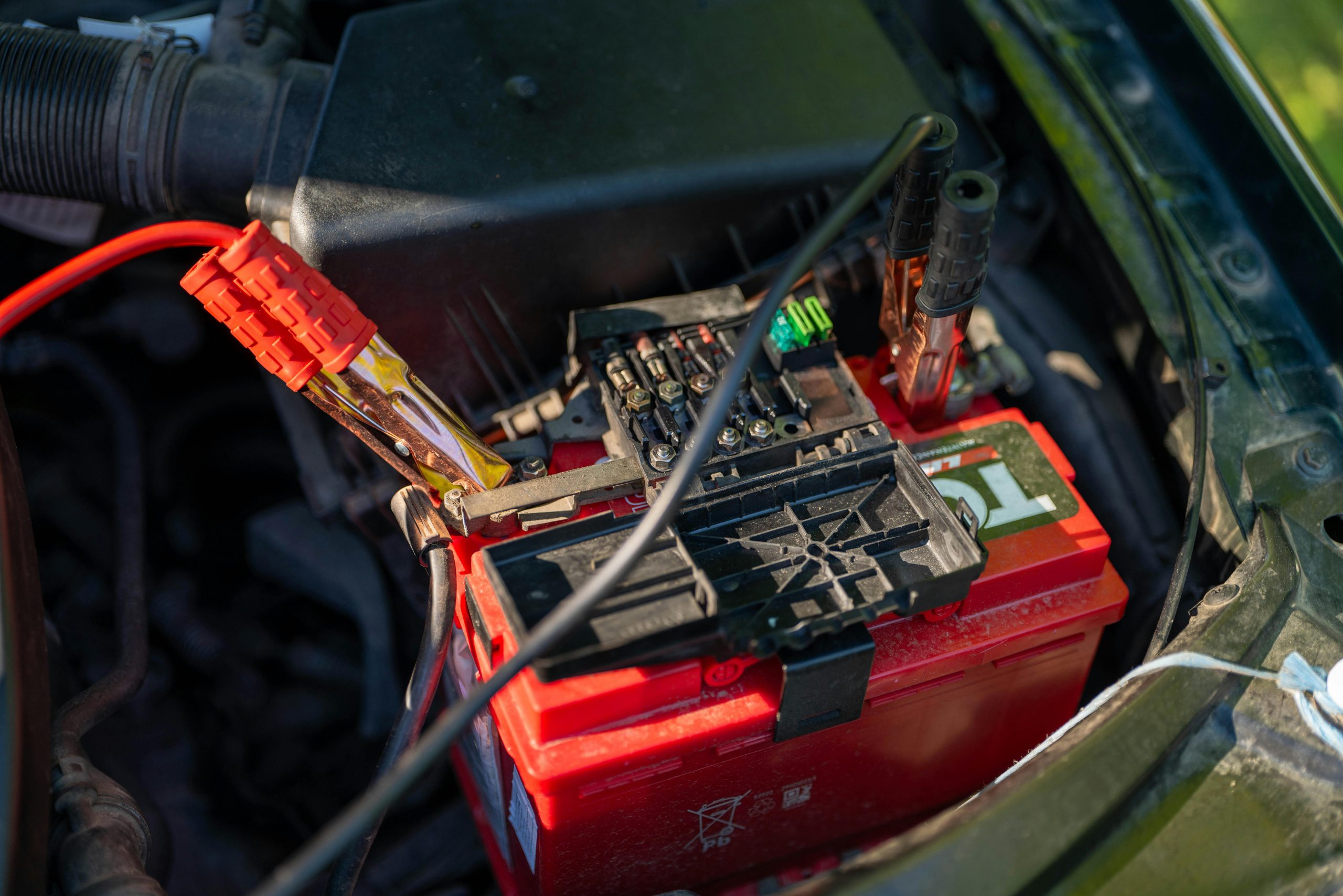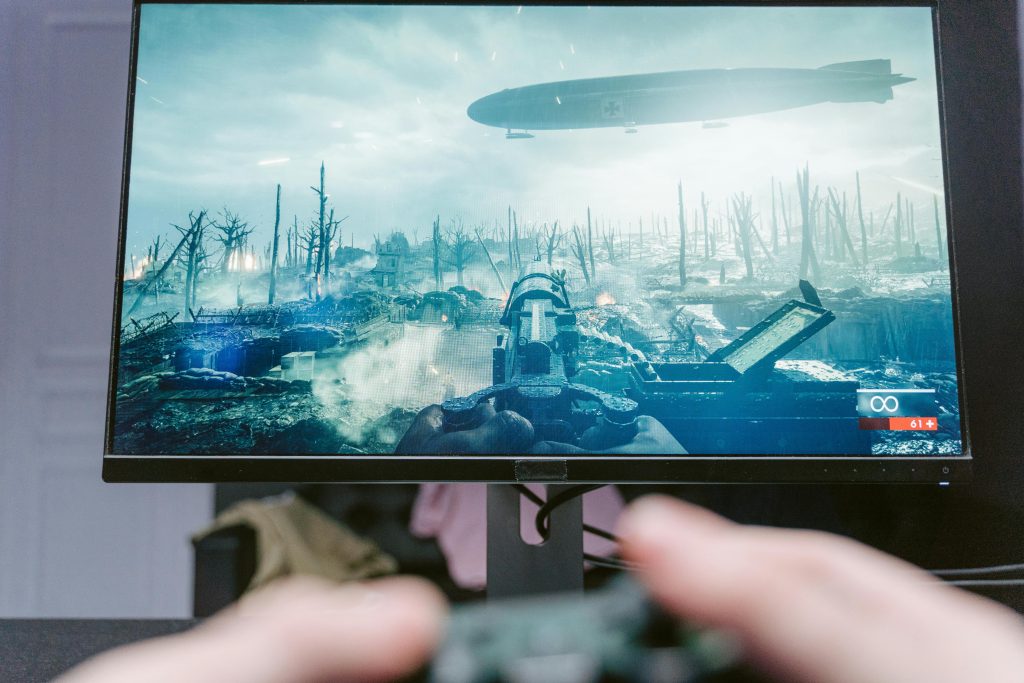Essential Tools for Your PC Repair Kit: A Guide for Beginners
Hello, fellow tech enthusiasts!
As I embark on my journey into the realm of PC repair and troubleshooting, I’ve realized the importance of assembling a comprehensive repair kit. If you’re like me and are looking to equip yourself with the right tools for fixing and maintaining computers, it’s crucial to know what essentials to include in your arsenal.
Here’s a breakdown of must-have items for anyone serious about computer repairs:
1. Screwdrivers
A versatile screwdriver set is fundamental. Opt for a precision screwdriver kit that includes various heads to tackle all types of screws found in PCs, such as Phillips, flathead, and Torx.
2. Anti-Static Wrist Strap
To protect sensitive components from static electricity damage, an anti-static wrist strap is indispensable. It will help ensure that you don’t unintentionally short-circuit any parts while working.
3. Thermal Paste
For those moments when you need to reseat a CPU or GPU, high-quality thermal paste is essential. It aids in optimal heat transfer, ensuring that components remain cool and efficient.
4. Pliers and Tweezers
A set of pliers can assist in gripping small components, while tweezers are invaluable for handling tiny screws and connectors that may be difficult to manipulate with fingers alone.
5. Cable Management Tools
Zip ties and Velcro ties should not be overlooked. These tools are vital for organizing cables and ensuring a tidy build, which can also aid in airflow within the case.
6. Multimeter
For troubleshooting electrical issues, a multimeter is a useful diagnostic tool. It allows you to measure voltage, current, and resistance, providing insight into potential problems.
7. Flashlight or Headlamp
Working inside a chassis can sometimes be dimly lit. A reliable flashlight or a headlamp will illuminate your workspace, helping you to see components clearly while you work.
8. Cleaning Supplies
Keeping components dust-free is critical for their longevity. Invest in compressed air for blowing dust out of cooling fans and heatsinks, as well as microfiber cloths for polishing surfaces.
9. Software Utilities
Don’t forget about software tools! Having a variety of diagnostic software on hand will help in testing hardware integrity and resolving software-related issues.
10. Safety Gear
Lastly, a pair of safety glasses can protect your eyes while
Share this content:




Response from Support Team:
Hi there,
It looks like you’re assembling a comprehensive PC repair kit! Your list covers all the essential tools needed for effective troubleshooting and maintenance. Here are a few additional tips to consider:
If you’d like further assistance with specific tools or recommendations for beginner-friendly repair kits, feel free to ask. Happy repairing!
Best regards,
Support